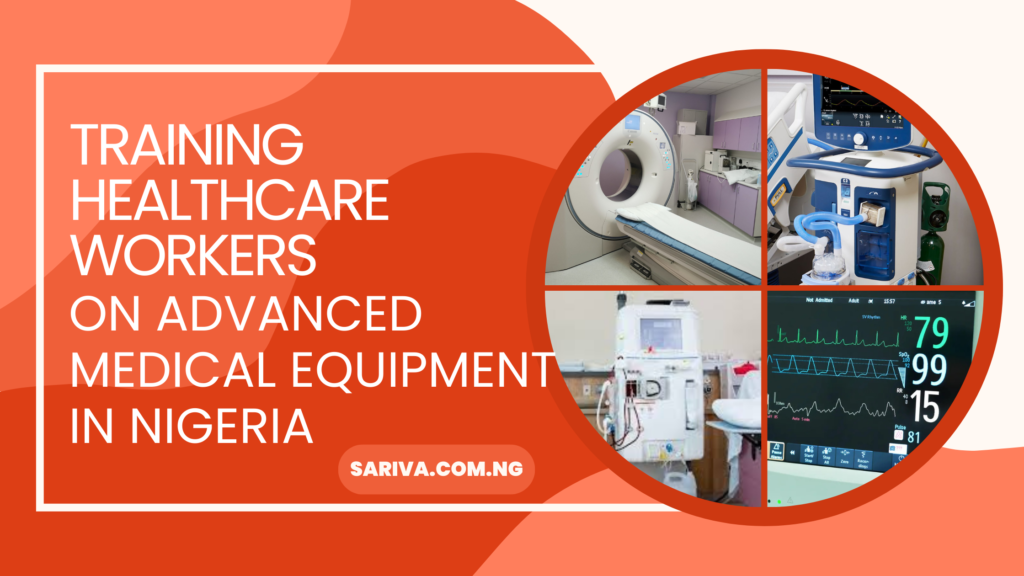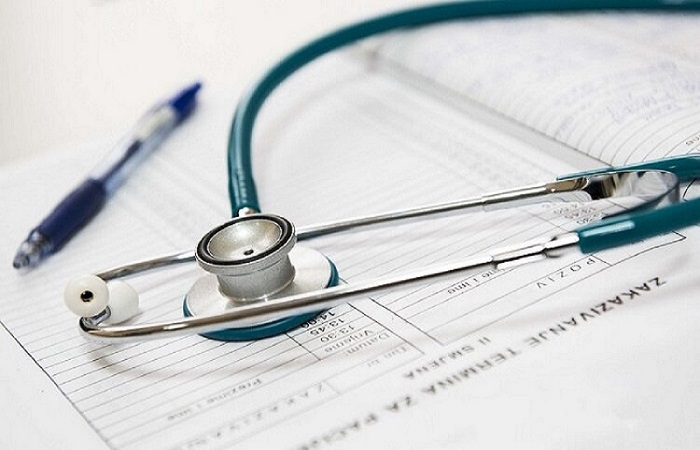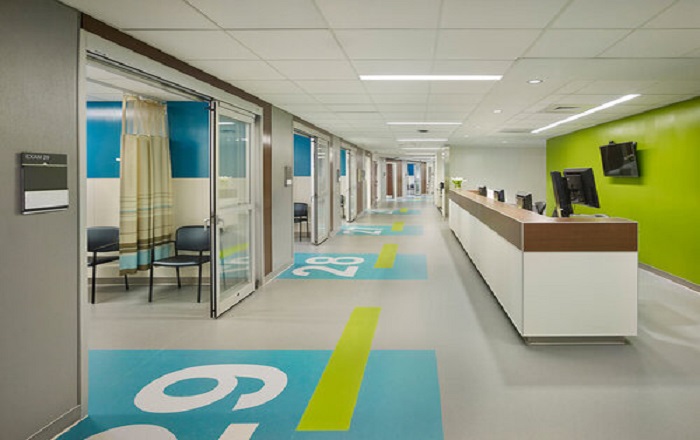Nigeria’s healthcare system is evolving, with an increasing reliance on advanced medical equipment to improve diagnostics and treatment. Machines like ventilators, dialysis machines, CT scanners, and other radiology instruments are vital for quality healthcare. However, there’s a growing concern about the gap between acquiring equipment and adequately training healthcare workers to operate them effectively. This shows the urgent need for regular education and training for healthcare professionals in the country.
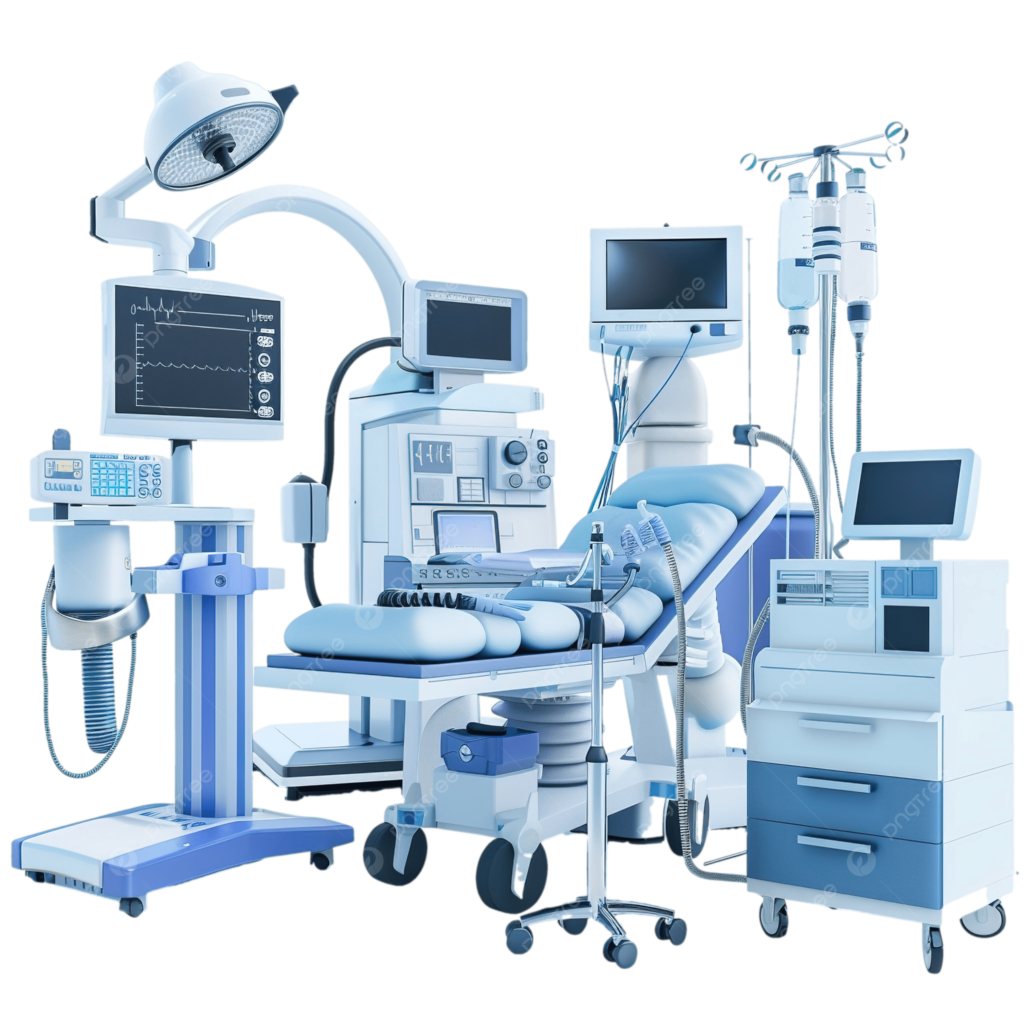
Why Training Healthcare Workers is Crucial
Advanced medical devices require specialized knowledge to operate and maintain. If healthcare workers can not use and maintain such equipment, it can compromise patient safety, lead to misdiagnosis, and waste vital resources. Many hospitals can struggle because certain equipment is underused due to insufficient training for some of their workers.
The Need for Training
Improper Use of Diagnostic Equipment
CT scanners are essential for detecting conditions such as strokes or tumors, and misinterpretation of results due to inadequate training can delay diagnosis and treatment. Regular training and certifications for radiographers and radiologists can bridge this gap, ensuring proper usage and interpretation.
Dialysis and Kidney Care
Kidney disease is on the rise in Nigeria, with dialysis machines becoming a critical lifeline. However, without proper training, staff might make mistakes when setting up the machines, leading to errors in patient care. Regular training can improve results for patients.
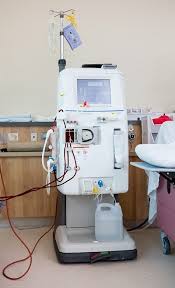
Ventilator Management in Critical Care
During the COVID-19 pandemic, ventilators became synonymous with life-saving care. One of the most important skills to have as a healthcare worker in 2020 was how to use these machines effectively. By incorporating ventilator management into ongoing medical education, hospitals can improve emergency readiness and critical care delivery.
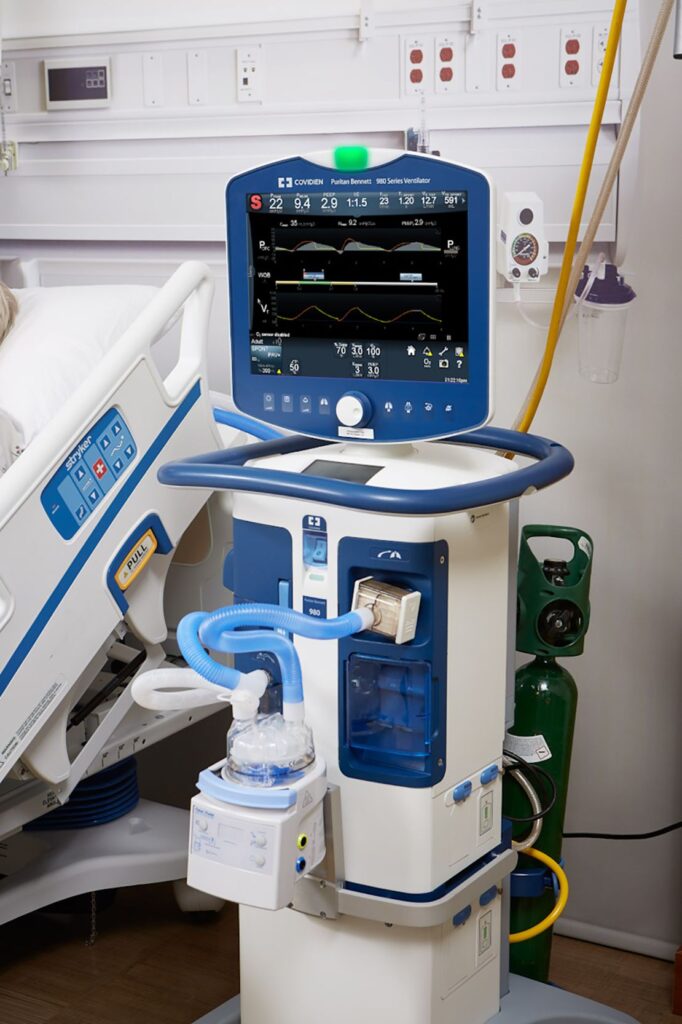
Government Initiatives and Support
The Nigerian government could play a vital role by strengthening policies that promote continuous professional development for healthcare workers. Incentives such as affordable training programs and certification opportunities can encourage more professionals to upgrade their skills.
Creating a Continuous Culture of Training Healthcare Workers
Beyond formally training healthcare workers, hospitals can foster a culture of learning within their institutions. Hospitals can implement in-house training sessions and mentorship programs and share helpful material and online resources for medical staff. Additionally, partnerships with international organizations for skill transfer and knowledge exchange can improve local expertise.
BRIDGING THE GAP
Advanced medical equipment has immense potential to revolutionize healthcare delivery in Nigeria. But this potential remains untapped without training healthcare workers. Collective effort, from government policies to hospital partnerships with organizations like Sariva Healthcare and Danhodi, who have knowledge of this equipment, is essential. By prioritizing continuous education and capacity building, Nigeria can ensure its healthcare workers can deliver the high-quality care its citizens deserve.

